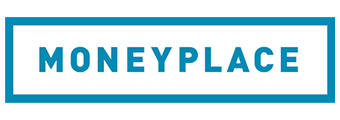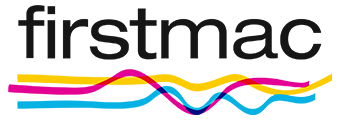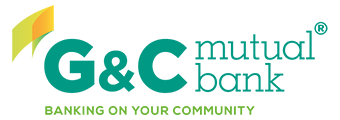Fact Checked
| Lender | Car Loan | Interest Rate | Comparison Rate* | Monthly Repayment | Interest Type | Vehicle Type | Maximum Vehicle Age | Ongoing Fee | Upfront Fee | Total Repayment | Early Repayment | Instant Approval | Online Application | Tags | Features | Link | Compare | Promoted Product | Disclosure |
|---|---|---|---|---|---|---|---|---|---|---|---|---|---|---|---|---|---|---|---|
6.52% p.a. | 6.95% p.a. | $587 | Fixed | New, Used | No Max | $0 | $350 | $35,236 |
| Promoted | Disclosure | ||||||||
6.28% p.a. | 6.28% p.a. | $584 | Fixed | New | No Max | $0 | $0 | $35,034 |
| Promoted | Disclosure | ||||||||
6.59% p.a. | 7.72% p.a. | $588 | Fixed | New | No Max | $8 | $400 | $35,295 |
| Promoted | Disclosure | ||||||||
5.67% p.a. | 6.10% p.a. | $575 | Fixed | New | No Max | $0 | $0 | $34,524 | |||||||||||
6.29% p.a. | 7.71% p.a. | $584 | Fixed | New, Used | No Max | $15 | $250 | $35,042 | |||||||||||
6.59% p.a. | 7.72% p.a. | $588 | Fixed | New | No Max | $8 | $400 | $35,295 | |||||||||||
7.49% p.a. | 7.90% p.a. | $601 | Fixed | New, Used | No Max | $0 | $295 | $36,060 | |||||||||||
8.20% p.a. | 8.27% p.a. | $611 | Fixed | New, Used | No Max | $0 | $0 | $36,670 | |||||||||||
8.99% p.a. | 9.12% p.a. | $623 | Fixed | New, Used | No Max | $0 | $90 | $37,356 | |||||||||||
9.49% p.a. | 10.93% p.a. | $630 | Fixed | New, Used | No Max | $13 | $395 | $37,795 | |||||||||||
6.28% p.a. | 6.28% p.a. | $584 | Fixed | Used | No Max | $0 | $0 | $35,034 |
| Promoted | Disclosure | ||||||||
7.29% p.a. | 8.42% p.a. | $598 | Fixed | Used | No Max | $8 | $400 | $35,889 |
| Promoted | Disclosure |
Important Information and Comparison Rate Warning
Important Information and Comparison Rate Warning






















